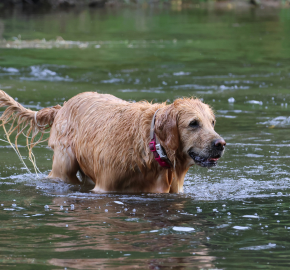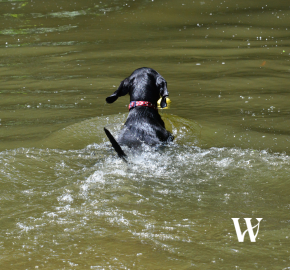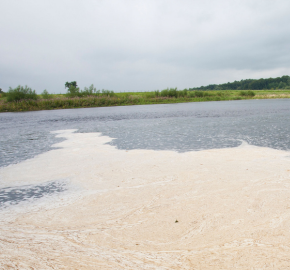Over 85% of the world’s chalk streams are found in England.
They are unique to England, France and Denmark. They are as internationally rare and ecologically important as coral reefs or rainforests.
They are unique to England, France and Denmark. They are as internationally rare and ecologically important as coral reefs or rainforests.
1. Over-abstraction
Chalk streams are groundwater-fed. Natural refilling of this underground water (from rain) is essential to ensure our chalk streams stay flowing.
Water companies extract too much water from chalk streams rather than investing in alternative supply solutions. This practice is called over-abstraction and refers to more water being taken than can be naturally replaced.
2. Excess phosphorus
100% of the chalk streams we sampled in our Riverfly Census exhibited high levels of stress from phosphorus enrichment at one or more sites.
Phosphorus enters rivers from agricultural run-off and wastewater discharges from sewage works.
3. Inadequate monitoring
All rivers in England are regulated under the Water Framework Directive which uses the same generic, one size fits all approach.
Our data confirms invertebrate communities in chalk streams are biologically distinct from other rivers. Naturally, chalk streams differ from other rivers. They are ‘gin clear’ with low nutrient and sediment levels and stable temperatures of around 10º-11ºC.
Chalk streams in England support a diverse and unique ecosystem. To protect chalk streams and the species they sustain we need:
Stay up to date with the latest news from across our projects.
View all newsSupport like yours allows our determined campaigning team to fight the destruction caused by open-net salmon farming, pollution and over-abstraction
Find out about all the ways in which you can help wild fish…



